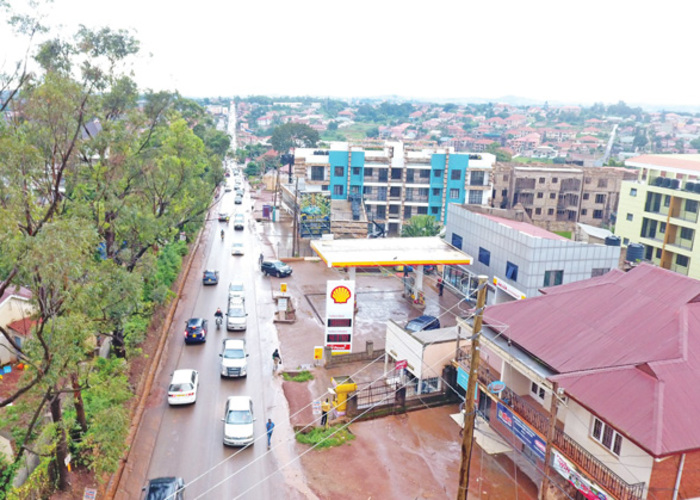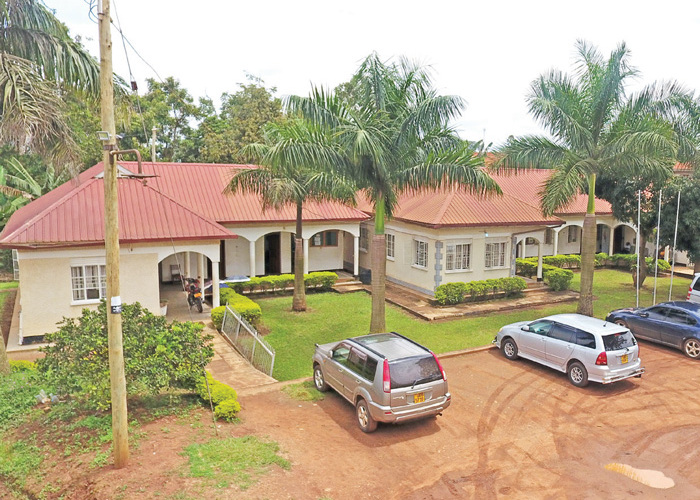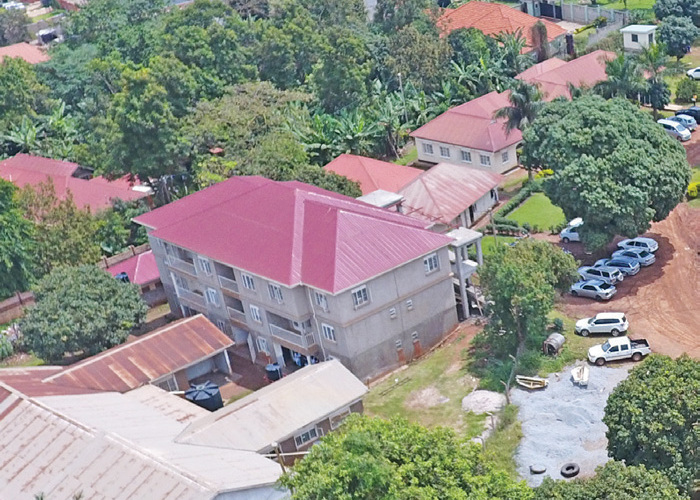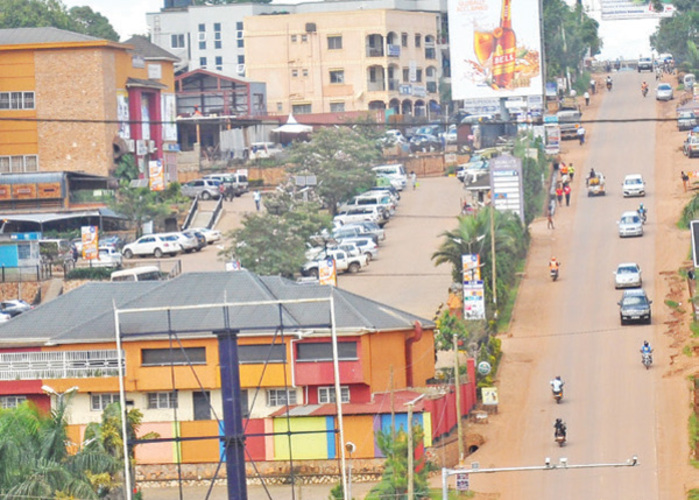Kira the dormitory of Kampala
In Kireka, a parish known for prostitution, Yiga says they have started projects that have helped to transform the young women, who were engaging in prostitution.
About 10 years ago, it would take persuasion to get someone to buy land in Kira Municipality, Wakiso district.
However, today, the story has changed; Kira has become one of the fastest-growing urbanised suburbs in the country.
For this reason, Kira is now referred to as the ‘dormitory of Kampala'. This is true in the sense that many people only inhabit Kampala during the day to work but retire to their homes in Kira after the close of business.

Benon Yiga, the town clerk, says even before its elevation from a town council to a municipality three years ago, Kira had an influx of new settlers. The dwellers are from all walks of life, including ministers, MPs, corporates, businesspeople and the unemployed youth.
Kira is divided into six administrative parishes — Bweyogerere, Kimwanyi, Kira, Kireka, Kirinnya, and Kyaliwajjala.
Proximity to the city
Isaac Senkubuge, the chairperson of the Bweyogerere division, says many people continue to flock to Kira municipality because of its proximity to the city. It also has interconnected access roads to the city.
In other words, one needs a small fare and a few minutes to access the city centre. For example, to commute from Bweyogerere or Kireka to Kampala and back, one part with sh2,000 for the 30-minute journey. The fares go slightly up to about sh3,000-sh4,000 if one resides in places, such as Kasokoso, Kungu, and Kyaliwajjala.

However, since every pro comes with a con, the influx in the municipality has led to the high traffic jams on the main roads. This is worse during the morning hours as people rush to work or take children to school. It is the same in the evening.
Yiga says for those who drive, the budget for fuel always goes up.
"Traffic congestion is common in every urban centre, but in Kira, it is terrible. Almost all the main roads are congested at different times of the day. We have worked on many roads, but there is an urgent need to increase funding for the construction of more routes," Yiga appeals.
Security
Even with the presence of Kira Police Station, a Uganda People's Defence Force detach and other security organs, the municipality grapples with a high crime rate.
Yiga says there are break-in robberies in the different villages, hit-and-run incidents, mob justice, and prostitution. For example, in Kasokoso, Haji Sulaiman Sekigudde, the LC1 chairperson, says there is a group of ‘Kifeesi' youth, who terrorise residents at night. They waylay them, steal their money and valuables, before hitting and leaving them for dead.
"Most of these criminals were born here. We are working with security agencies to put in place measures to ensure peace and safety in the area," he says.
In Kireka, a parish known for prostitution, Yiga says they have started projects that have helped to transform the young women, who were engaging in prostitution. This is courtesy of a non-governmental organisation that trains them in hairdressing, tailoring, and baking.

Land/rent
Following the rapid urbanisation, the price of land and housing in Kira has gone up.
According to a 2002 national census, Kira was estimated to accommodate 140,774 people. Twelve years later, in 2014, the population had almost tripled to 313,767. Today, Julius Mutebi, the municipality mayor, says they have over 400,000 people working and living in the area.
There is, therefore, a shortage of decent housing, which is why the municipal officials drafted the physical development pan to address the issue. The plan shows that the municipality needs about 1.04 million units to accommodate 2.4 million people by 2040.
Yiga hopes that the situation will improve gradually because unlike in the past, today, they approve over 40 building plans weekly. They have also welcomed property developers who build condominium units.
"The Condominium Law of 2001 has helped to attract developers to Kira. We now have many apartments for rent and condominiums for sale," he says.
On the other hand, the price of land in the municipality has skyrocketed. For instance, to buy a 50X100 plot on Namugongo road, one pays not less than sh200m.
In Bweyogerere parish, Senkubuge says a 50X100 plot costs between sh150m and sh200m in an organised neighbourhood, off the main road. On the main road, it goes for between sh350m and sh500m or more, depending on the seller.
In Kasokoso, land costs sh10m or more, depending on the location and size. However, the majority of residents there do not have land titles. For rent, the charges depend on the type of house, neighbourhood and proximity to the main road.
In Namugongo, Kira and Kyaliwajjala, on average, a decent two-bedroom house goes for sh800,000 a month, while a self-contained double room goes for sh300,000. In Kireka (low-end market), a two-bedroom house costs from sh450.000 in rent, while a double one goes for sh250.000.

Amenities, business
According to Yiga, the rapid development in Kira is attributed to a wide range of business opportunities, coupled with improvement in infrastructure and availability of power and water.
The businesses include private markets, real estate, private schools, small and large-scale processing factories, salons, shops with general merchandise, boutiques and supermarkets.
Others have invested in clinics, drug shops and
pharmacies, while some have ventured into entertainment, such as recreation centres. Commercial banks have continued to extend services closer to the people.
"It is easy to start a business here," Yiga says.